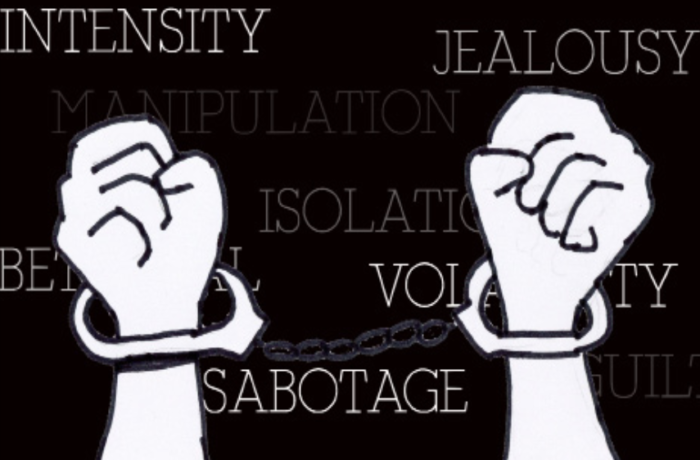
Ryan Wurmsdobler Contributing Writer
With the rise of the new generation of students entering their college careers, arises new prescribed notions and sentiments of what the college experience is all about, namely future careers and independence. Societal standards for college have shifted dramatically from the past where it was once prized to develop an intimate relationship with someone while in college compared to the current state of prioritizing academics and future career success. This sentiment has unequivocally led to the downfall of dating during the college years and has led other social behaviors to take its place.
College dating has seen a steady decline in overall numbers, 1 in 3 college students going on a date according to the IWF (Independent Women’s Forum), although there is a conflicting perspective of dating seen as something many would enjoy. A study conducted in 2013 by the APA (American Psychological Association) found 63% of men and 83% of women of college age would prefer a traditional relationship compared to an uncommitted sexual one. This points to the conclusion that college students don’t know how to go on dates and for a variety of reasons. Erika Christakis, a former Yale Child Study Group lecturer, believes the decline in college students dating is shaped by the overall sentiment of college students, namely prioritizing career and success over building intimate relationships. This doesn’t conflict with the statistics of college students wanting to date, but rather shows a lack of fulfillment on behalf of many students asking people out on dates.
The priorities such as building and leading clubs, being involved in sports and activities, and working jobs and internships has led to a belief that time for dating can be discarded and found later after establishing a career and attaining success. A far easier option, for which about 70% of American college students participate in (as reported by USA Today), is hooking up during the college years for either fear of commitment, time and romantic, or the lack of being able to have a non-physical intimate relation- ship.
There also is the vacuum of understanding cultural norms and certain manners stemming from those norms involved in the process as well, lead- ing Boston College to have a class where going on a date in mandatory. The reason being is the lack of knowledge in asking someone whom a person is interested in and connecting on an emotional and mental level rather than physical. The latest generation and the rise of social media apps, such as Tinder and Bumble, have removed the face to face interaction and excitement involved in asking a person out.
While the popularity of the sentiment of seeking out dating and intimate relationships pervades, the real- ity of the situation is starkly contrasting. The newest generation does and will not have many social skills in order to address reality of real-world dating and it will be all too late to develop those skills at 35 years of age after establishing a career and success. This change of behavior is incumbent on each individual person to seek out relationships and to attain the excitement and understanding of social norms before it is too late.


